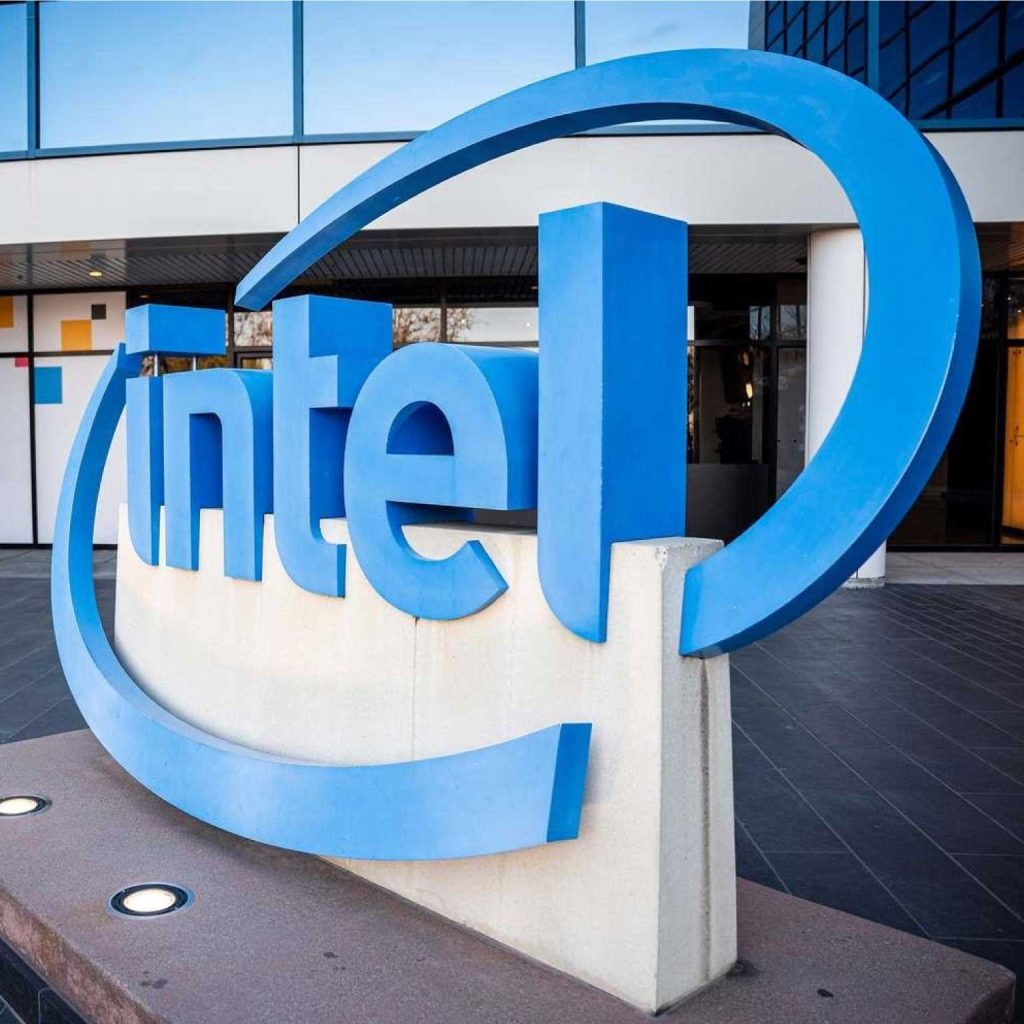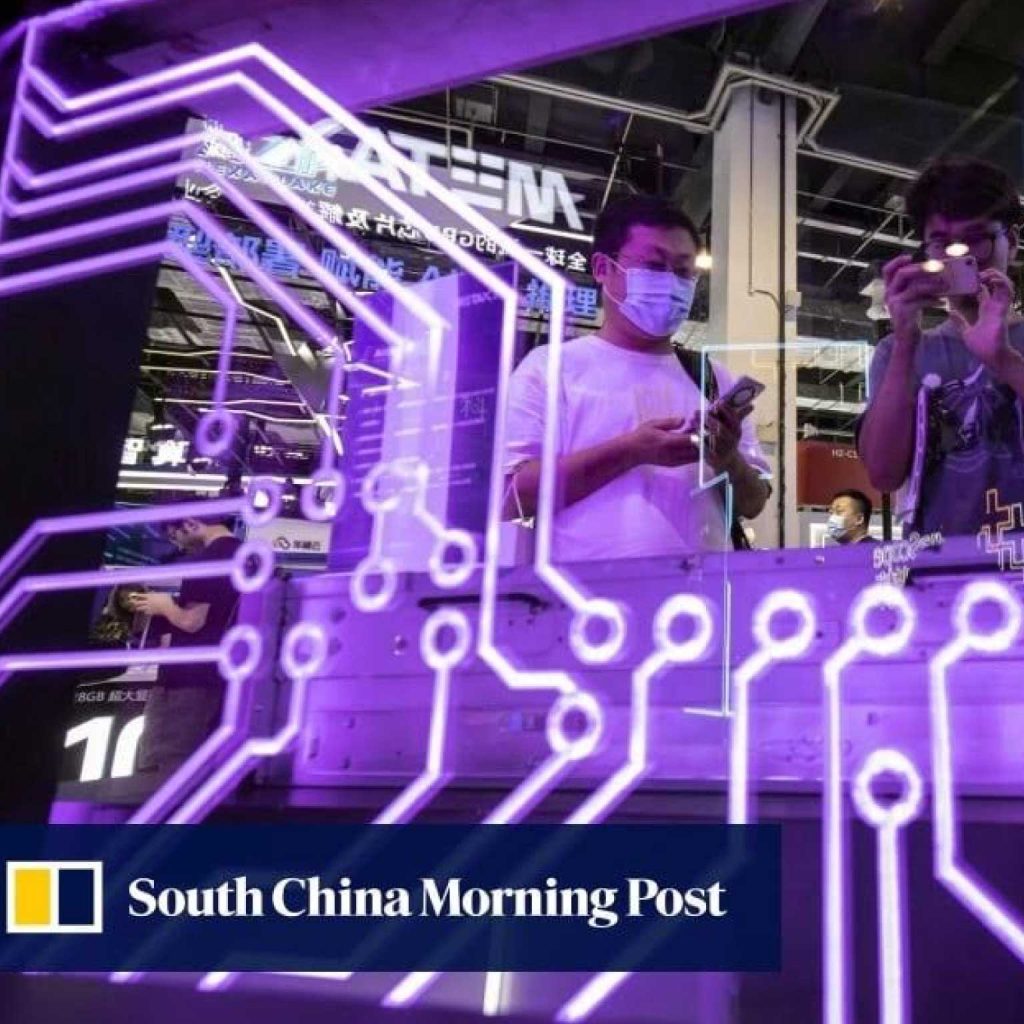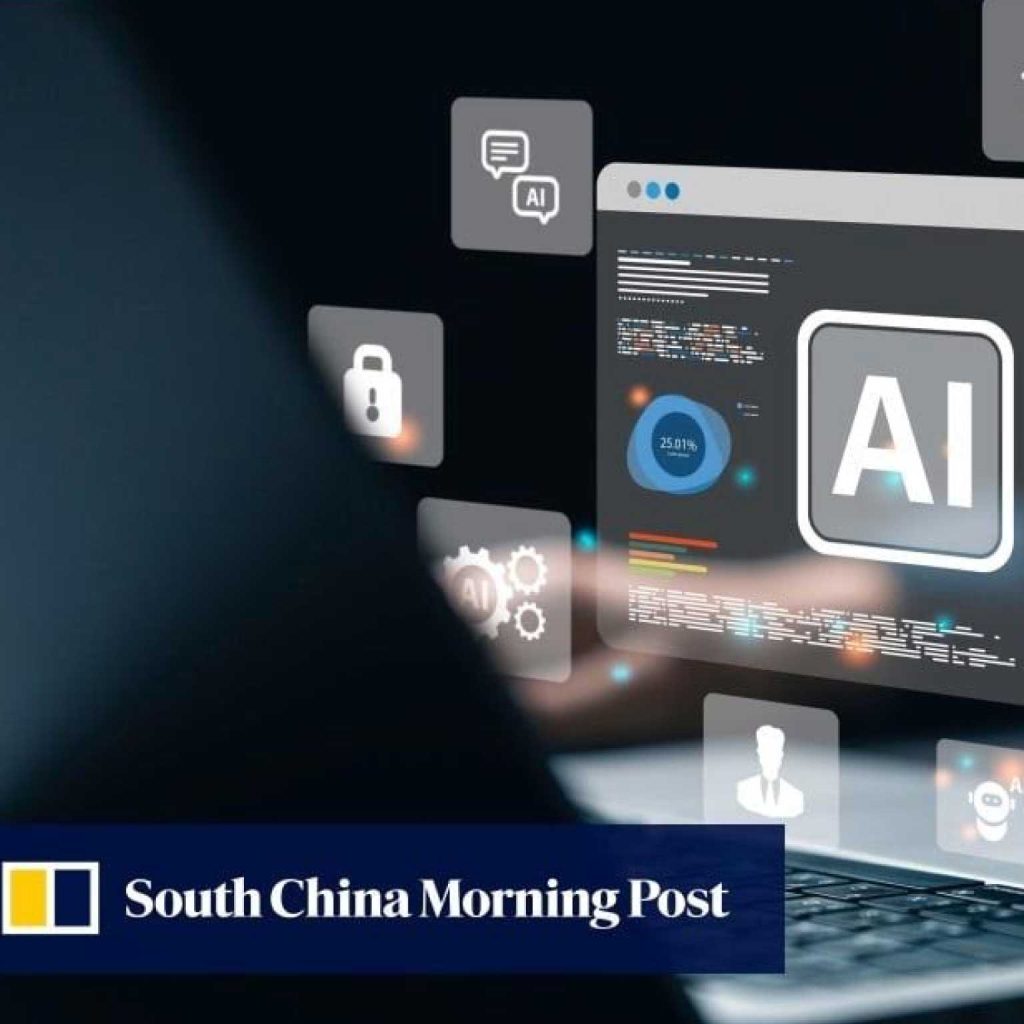This AI newsletter was crafted with the help of AI.
Volume 5
The artificial intelligence (AI) sector is experiencing a significant transformation, marked by a surge in talent acquisition, strategic investments, and a global race for AI dominance. Intel and Arm’s collaboration to support AI startups, along with significant investments from nations like the UAE and Saudi Arabia, underscore the strategic importance of AI on a global scale. The UAE’s efforts to support open-source AI models and Saudi Arabia’s establishment of a $40 billion AI investment fund highlight the strategic shift towards AI as a critical component of national economic strategies12. Meanwhile, China’s push for computing power and AI gains, despite facing tech curbs from Washington, signals a strategic move to maintain its competitive edge in the AI domain3. The investment landscape is vibrant, with companies like Astera Labs witnessing a remarkable 72% increase in their IPO, driven by Wall Street’s appetite for AI-focused firms4. However, the industry faces challenges, as seen in the implosion of Inflection and the stall of ChatGPT, revealing the consumer side’s difficulties in the AI market5. Despite these challenges, Alibaba-backed Moonshot AI’s breakthrough in chatbot technology underscores the continuous innovation within the sector6.
In the realm of digital marketing, the tension between personalization and data privacy is becoming increasingly pronounced. The potential for ‘data poisoning’ and the development of synthetic data as a solution highlight the complexity of balancing personalization with privacy. Synthetic data, generated through algorithms, offers a way to train AI systems without compromising individual privacy, representing a significant advancement in the quest to balance these competing interests78. The challenges faced by AI-driven services, such as chatbots, in maintaining user engagement while respecting privacy, underscore the delicate balance companies must strike5. The comparison of the burgeoning AI industry to the dot-com bubble serves as a cautionary tale, emphasizing the importance of foundational elements like privacy and security9.
The future of work is another critical area impacted by AI, with significant implications for the US economy and labor market. AI’s potential to enhance productivity across various sectors is juxtaposed with the specter of job displacement and deepening income inequality. The capacity of AI to augment the productivity of the workforce is seen as a critical factor in sustaining economic growth, with Goldman Sachs’ chief economist predicting a significant acceleration in economic growth due to AI10. However, the International Monetary Fund (IMF) and other analyses caution against an overly optimistic outlook, estimating that nearly 40% of jobs globally could be affected by AI, with lower-wage jobs being more susceptible to displacement1011. The skill-biased nature of AI, favoring workers with higher levels of education, underscores the need for targeted interventions to ensure that the benefits of AI-driven economic growth are broadly shared11.
As the AI industry continues to evolve, the dynamics of talent acquisition, investment, strategic growth initiatives, and the balance between personalization and privacy will undoubtedly shape the future of AI innovation. The challenges and opportunities presented by AI in the labor market further emphasize the need for a concerted effort from governments, businesses, and educational institutions to navigate these transformations successfully.
CITED ARTICLES


The article discusses the potential of AI agents in driving massive progress in AI, with language models like GPT-3.5 showing significant performance improvements. As computational resources expand, agentic workflows become more accessible and cost-effective, enabling larger-scale tasks. Additionally, the article covers critiques of mainstream economics, challenges in climate modeling, and the impact of declining global fertility rates.



Tech investor Garry Tan’s concerns about consumer-facing AI chatbots are being realized as Inflection AI’s Pi chatbot fails to gain massive scale and ChatGPT’s web growth stalls. The shift toward enterprise business models in AI is becoming more prominent, with companies like Inflection pivoting to focus on custom AI models for commercial customers.










